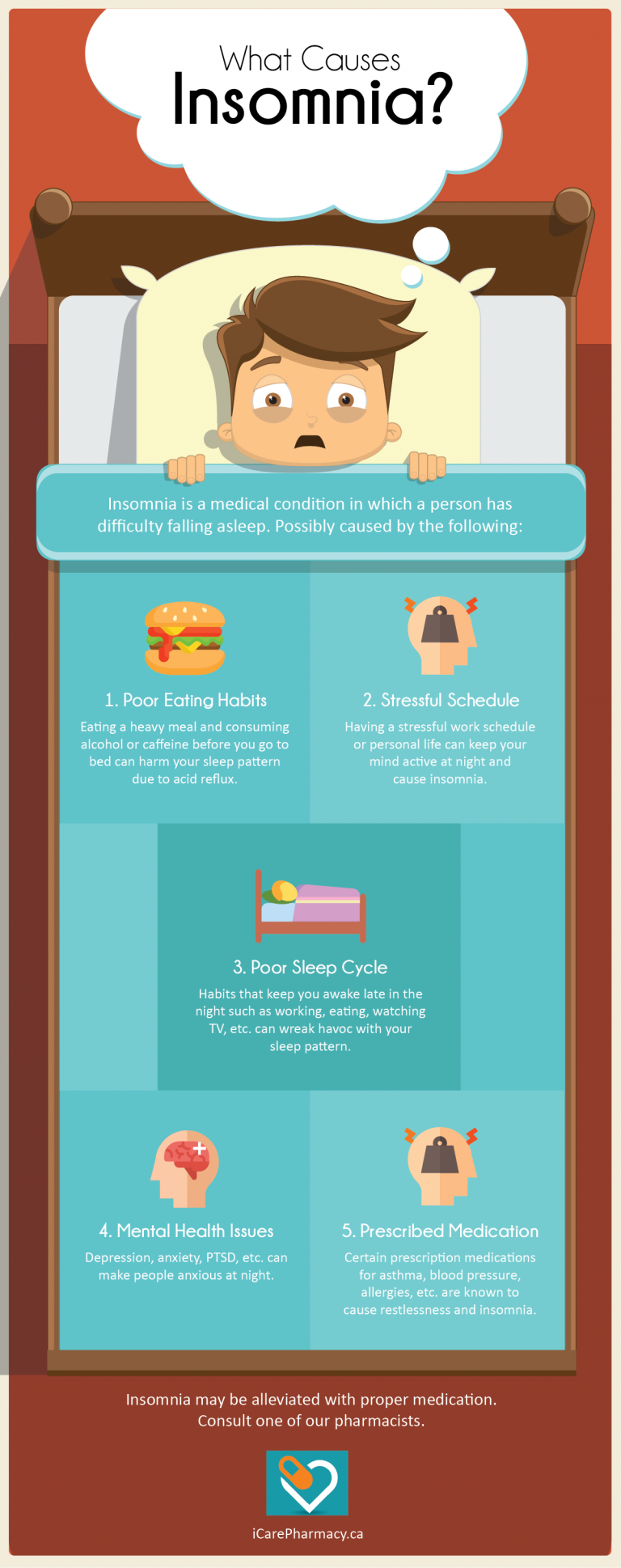

Experts say it can take months for a person’s lung function to return to pre-COVID-19 levels. Lung recovery after COVID-19 is possible, but takes time. Breathing Issues after COVID-19Ī bad case of COVID-19 can produce scarring and other permanent problems in the lungs, but even mild infections can cause persistent shortness of breath - getting winded easily after even light exertion. Research is ongoing about how long COVID affects people who had breakthrough COVID, but it is likely that being vaccinated reduces the risk. While breakthrough infections are possible, being fully vaccinated and boosted is effective in reducing the risk of hospitalization and death due to COVID. Getting vaccinated for COVID-19 lowers the risks of COVID infection. But it is notable that post-COVID-19 syndrome is not just afflicting people who were very sick with the coronavirus: Some patients who were never severely ill with COVID-19 are experiencing long-term symptoms. Similar, lingering problems can affect patients with other serious illnesses. Some are minor, but other people may need continuing care and even readmission to the hospital. Mental health problems can arise from grief and loss, unresolved pain or fatigue, or from post-traumatic stress disorder (PTSD) after treatment in the intensive care unit (ICU).ĭoctors are seeing a spectrum of symptoms after acute COVID-19, some of which would be expected after other critical illnesses.

SARS-CoV-2 can attack the body in a range of ways, causing damage to the lungs, heart, nervous system, kidneys, liver and other organs. What causes symptoms in COVID long haulers? More studies will shed light on why these stubborn health problems persist in some people. In fact, long COVID can happen in people who have mild symptoms, although patients with more severe initial illness seem to be more likely to have long-term impairments. While it’s clear that people with certain risk factors (including high blood pressure, smoking, diabetes, obesity and other conditions) are more likely to have a serious bout of COVID-19, there isn’t a clear link between these risk factors and long-term problems. The symptoms can come and go, but have an impact on the person’s everyday functioning, and cannot be explained by another health problem.


Parker, M.D., Ph.D., who specializes in lung disease and critical care, discuss long-term COVID-19, what symptoms are most common and what those affected by them can expect. Tae Chung, M.D., a specialist in neurology and physical medicine and rehabilitation Megan Hosey, Ph.D., an expert in rehabilitation psychology Arun Venkatesan, M.D., Ph.D., a specialist in neurology Amanda Morrow, M.D., an expert in pediatric rehabilitation medicine and Ann M. But in some others, long-term effects of COVID-19 can cause lingering health problems and wreak havoc for months.


 0 kommentar(er)
0 kommentar(er)
